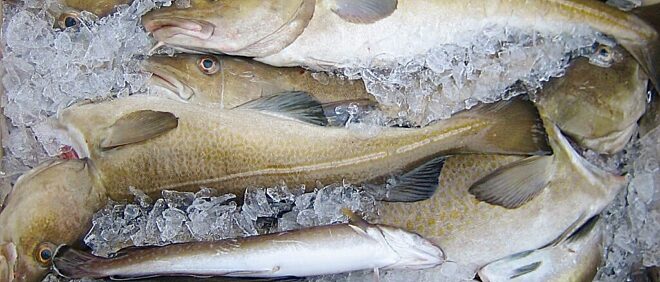
EcoD: Bringing new life to cod waste by turning it into food
The COVID-19 pandemic has disrupted the seafood industry worldwide as well as food security on a global scale. Many food producing companies have been forced to explore possibilities to fully utilise all raw materials available, reduce waste and create value from surplus food stocks to compensate for the loss in revenues caused by the pandemic.
It is estimated that a total of 3.17 million tons of solid fish raw materials are generated per year within the EU. Side raw material including viscera, carcass, head, skin, and bones which have traditionally been considered low value raw materials account for 50-70% of the total catch, depending on the species. Around 50% of this biomass is discarded, while 30% is utilised for low added-value activities such as animal feed, fertiliser agents and silage production.
However, these traditionally low value raw materials constitute a significant source of protein and other important components, such as polyunsaturated fatty acids, phospholipids, soluble vitamins, and bioactive compounds with many potential applications through product development in the fish and food industry.
EcoD, funded by the European Union through EIT Food led by Matís in partnership with Aarhus University and Iceland Protein, aims to develop better use for these underutilized raw side materials of the fisheries industry. The outcome of the project is an up-scaled novel protein process and premium proteins that will be developed into final food products, guided by surveying consumer trust, acceptance and preferences.
Project lead
Related Projects

Master in Food Systems









